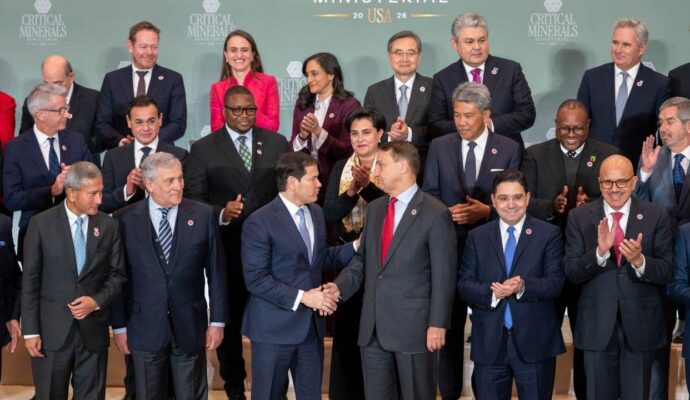Irish Taoiseach Leo Eric Varadkar added that “China is not an enemy”, but that it was important for Europe “to be less naive” about its dependencies on Beijing.
The decision to de-risk was initiated by European Commission President Ursula von der Leyen in an address in March, just before her trip to Beijing for a meeting with Chinese President Xi Jinping.
Last week, von der Leyen unveiled a prospective road map on de-risking. Diplomats from France, Germany, Italy and the Netherlands were among those expressing concern about how the plan might undercut individual countries’ national security authority and seeking to dilute its conditions.
After Friday’s summit, Charles Michel, the European Council president, said the leaders had held a powerful debate on China and “very quickly” agreed on China policy, demonstrating the bloc’s unity.
The discussion on China took two hours during the two-day gathering of EU leaders. Internal disputes and the bloc’s relations with other countries dominated, a stark difference from how the United States prioritises China. With its own tensions with Beijing soaring, Washington has been pushing its European allies to harden their stance toward China.
“We see China more and more as a systemic rival, but we have our own EU approach to China, compared to our transatlantic partners who have a strong view there,” Estonian Prime Minister Kajas Kallas said before the summit.
At the summit, however, EU leaders shared the US view concerning Beijing’s alliance with Moscow. Their statement urged China “to press Russia to stop its war of aggression, and immediately, completely and unconditionally withdraw its troops from Ukraine”.
China’s decision not to condemn Russia’s invasion of Ukraine has proved a sore point in its fraught relations with the EU over the past year.


